Harry's story
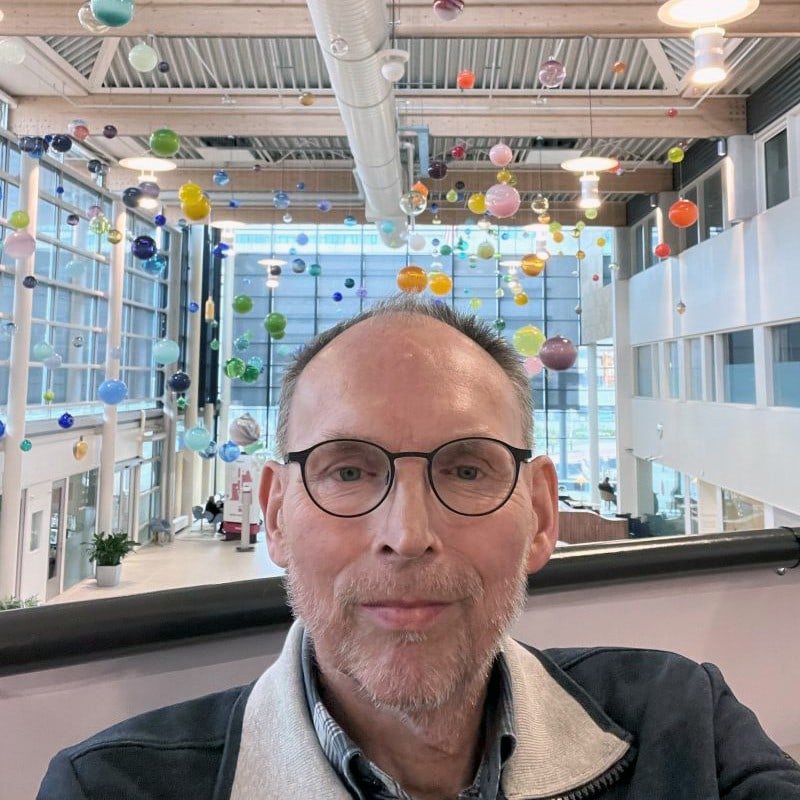
Harry's story
As mentioned before, No One Can Promise You Tomorrow. With that in mind, enjoy every day, make it worthwhile and fight for every extra day you can get.
Update 10 March 2024
A lot has changed since my first diagnosis on 27 May 2021. As mentioned in earlier updates, I was first diagnosed with ‘just’ oesophageal cancer, and it looked like it could be cured. After radiation, chemo and surgery (removal of 2/3 of the oesophagus and 2/3 of the stomach), all looked well, and I started to recover very fast. But on 22 March 2022, I needed to go to the hospital as some food got stuck and needed to be removed. They also decided to run a CT scan to be sure. They found out that my cancer was back and that it was metastatic. According to the specialists, I was now uncurable, and the outlook was 1 to 3 years of survival. Most likely, one year…
From that moment on, I first contacted Professor Bob Pinedo for a second opinion. He told me that I had a specific protein in my tumour called HER2. He told me that with this protein, it was possible to get immunotherapy. He also advised me to move from the general hospital to a specialised cancer hospital (Antonie van Leeuwenhoek Hospital). I did just that, and after a screening, I started a clinical trial on 3 June 2022. This clinical trial combines chemo, immunotherapy, and target therapy.
After the first treatment, the tumours were reduced by 58%, which was fantastic news! After three treatments, I got another CT scan, which showed no tumours visible anymore. Nothing?… That felt really surreal and strange. That was September 2022.
Now, in March of 2024, my latest CT scans are still positive. No tumours were visible on the CT scan. We needed to stop chemotherapy as my platelets were deficient. The reason for that is that my bone marrow is affected by the chemo. After we stopped the chemo, the number of platelets was much higher, and all other blood values had already been great for a long time.
In the last two years, I have shared my journey on Linkedin and during some Healthcare events and interviews (speaker at DiCE Masterclass, speaker at pharmaceutical events), interview ICT & Health, speaker at healthcare event of the Ministry together with the Minister of Health). Thanks to that, I have also been in contact with other patients to give them advice based on my personal experience. I am not a medical specialist, but my experience can help other patients find ways to get the right treatment or support.
The clinical trial I’m participating in will take two years to complete. The question is, what will we do now that the end is approaching? My specialist doesn’t have the answer yet, as I am the first patient to come this far in this clinical trial. 3 June 2024 will start a new chapter in my journey. So far (almost three years since my initial diagnosis), it’s been a roller coaster.
On the personal side, my family and I are doing great. We are planning and doing things that give us energy. I stopped working on 1 June 2023, and I have all the time to do things how and when I want to. So far, so good!
We were planning day by day, week by week and not much further. But with the positive results so far, we are sometimes planning a little further than a week.
As mentioned before, No One Can Promise You Tomorrow. With that in mind, enjoy every day, make it worthwhile and fight for every extra day you can get.
____________________________________
24 October 2022
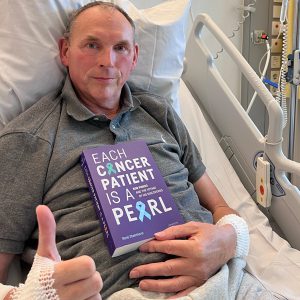 Hi, my name is Harry Verbunt. I am 58 years old, and live in Den Bosch, in the Netherlands. I am married to my wife, Ida, and a loving father to Tristan and Elise. On April 7, 2022, I heard the words, “your cancer is back”. Metastatic oesophageal cancer. Late-stage. Incurable. This moment felt like the ground had disappeared under my feet. I was lucky to get access to an early-phase trial. Now, three months after the second cancer diagnosis, I am tumour free.
Hi, my name is Harry Verbunt. I am 58 years old, and live in Den Bosch, in the Netherlands. I am married to my wife, Ida, and a loving father to Tristan and Elise. On April 7, 2022, I heard the words, “your cancer is back”. Metastatic oesophageal cancer. Late-stage. Incurable. This moment felt like the ground had disappeared under my feet. I was lucky to get access to an early-phase trial. Now, three months after the second cancer diagnosis, I am tumour free.
I want to share my story to encourage and empower anybody who has been diagnosed with a complex, and late-stage tumour to:
- Ask for an expert opinion.
- Be aware of how important it is to be treated in an academic hospital specialised in your tumour type.
- Have people around you who help you navigate the system.
I want to help others in a similar situation by sharing my story. Hopefully, my story will allow more patients to access genetic sequencing, personalised treatments, and trials early. It’s a challenging journey; only a few can navigate this landscape. That’s why we need to unite patient experiences from patients with similar cases from multiple countries to improve treatment access. It is my mission to make the impossible possible. I want to transform my deadly tumour into a chronic condition. For people reading this story, please feel free to reach out to me so we can unite in this mission.
The first time I heard, ‘You have cancer.’
On May 27, 2021, I went to the hospital for something that was bothering me for several weeks. I had some problems with swallowing food. At first, my GP told me it could be stress related, but I wasn’t experiencing any stress at that time. After a few weeks, and another visit to my GP, he thought it would be best to consult with a throat specialist. I went with my daughter, Elise, to the hospital, with the expectation that I would get some medicine and the problem would be over. At that time, I was super fit and trained every day for at least half an hour on my Tacx (indoor race biking). I was making healthy eating and drinking choices, as Covid was all around, and I wanted to be in good shape.
I didn’t expect any bad news – definitely not the information I received. After the examination, the specialist looked at me and said he knew the problem. Oesophagus cancer; a tumour about six centimetres. After those words, I couldn’t believe what I had heard and asked him if he was joking. Of course, he was not kidding, but I couldn’t believe it. Elise was calm, but tears were down her cheeks, and she asked how bad it was, and if it could be cured. All good questions, but he couldn’t answer them. After this diagnosis, we went home, where my wife Ida was waiting. She asked how it was, and I couldn’t stop the tears. We held each other and cried for some minutes with the three of us. My son Tristan came home the next day. He was devastated.
First, they told me that it was curative. They planned radiation and chemo. That seemed to be working fine, and month of July, I was busy with the treatments. In August, the specialist concluded that an operation was also necessary. 2/3 of my oesophagus and 2/3 of my stomach were to be removed. The operation took place on October 5, 2021. I worked hard and very positively on my recovery.
Unexpected turn: no treatments anymore
On March 2022, a piece of food was suddenly stuck in my oesophagus and had to be removed at the hospital. They took a CT scan and saw that my cancer was back. Metastatic cancer. Immediately, my diagnosis was palliative with a life expectancy of 1 – 3 years… I could only think, ‘this is the end for me.’ The local specialist told me there were no more treatments.
Connecting dots to find a personalised treatment for my type of tumour
During my recovery in 2021, I discovered Susanne Baars, a biomedical scientist, and her Ted talk online. She inspired me to join her on her mission. Back then, I didn’t know how yet, but one day after the news, I decided to call her. I was filled with hope and belief when I was on the telephone with Susanne. She told me that it was not over yet and that many other options existed. After an hour, I was energised and reconnected with my inner strength, believing we could find a treatment.
I was lucky to know someone like Susanne Baars, who works with several oncologists who perform expert analyses with a specific focus on complex tumours. Through this ‘connection’, I was connected to Prof. Bob Pinedo, who investigated my data and discovered the HER2 protein in my tumour cells. He asked if someone had ever shared this with me, and what this could mean. My answer was no. He told me that with this specific protein, there were some targeted treatments. He advised me to switch from the general hospital to the major academic Dutch Cancer institute, an innovative, multidisciplinary centre.
Because of this protein, I gained access to a phase I trial for targeted treatment for HER2. A promising treatment already approved on the market for breast cancer. As more types of tumours, like mine, are expressing HER2, this could potentially save many more lives. The study started on June 3, 2022, and after one treatment (2 weeks), the tumour decreased by 58%! After 3.5 treatments, I was tumour free. As they believe that micro traces of the tumour are still present, I need to continue the treatment, but so far, they cannot detect anything anymore.
With Susanne, we asked one of the expert oncologists in my team, Myriam Chalabi: How do we know if we can cure Harry with this targeted HER2 treatment? “What does science need to move from life extension to finding a cure? “We don’t know”, she said. “We don’t have enough accurate world data from patients many years after receiving the treatment.
I am a dreamer, and together with Susanne Baars, we are building an intelligent network platform to match patients with a similar tumour like mine and unite best practices, experiences, life-saving information, guidance, and mental support to accelerate finding a cure. For now, we will work with oesophageal cancer patients, like me, and then we will extend this to other kinds of tumours. This platform will be launched in the first half of 2023. We need to tackle this globally to increase the chances of finding a cure and helping more patients. Any support is very welcome.
I was lucky to have had personal guidance from Susanne Baars and Professor Bob Pinedo. Those two are essential in my journey. They gave me hope, belief, and the proper navigation to get the right support.
– Harry Verbunt
Ex-HPE Healthcare Lead, WW Healthcare Advisor, Loving father, Husband, Brother, Friend, and Cancer Patient
Harry wants to connect with as many people who want to join his network. They are working hard to get the website ready for launch in a few weeks, until then, anyone interested in the initiative can use this FORM to get in touch!
Human Epidermal Growth receptor 2 (HER2) is a protein involved in growth, division, repair, and survival, and is found in small amounts in all human cells. Sometimes a random change within oesophageal and gastric tumour cells can result in too many copies, or over-expression of HER2, causing the cancer cells to grow and spread into organs across the body (metastasis) and is associated with poor prognosis and overall outcomes.
HER2 is overexpressed in oesophageal and gastric cancers, making the HER2 pathway an important biomarker and therapeutic target.
Learn more about HER2 testing and treatment with newly create DiCE resources on HER2 testing and treatment:
Patient Resource – Infographic on Gastric Cancer: HER2 Testing
We want to hear your story
We hope that this section of our website will provide the platform and inspiration for patients/survivors to tell their own story. If you would like to contribute to this page please contact us.
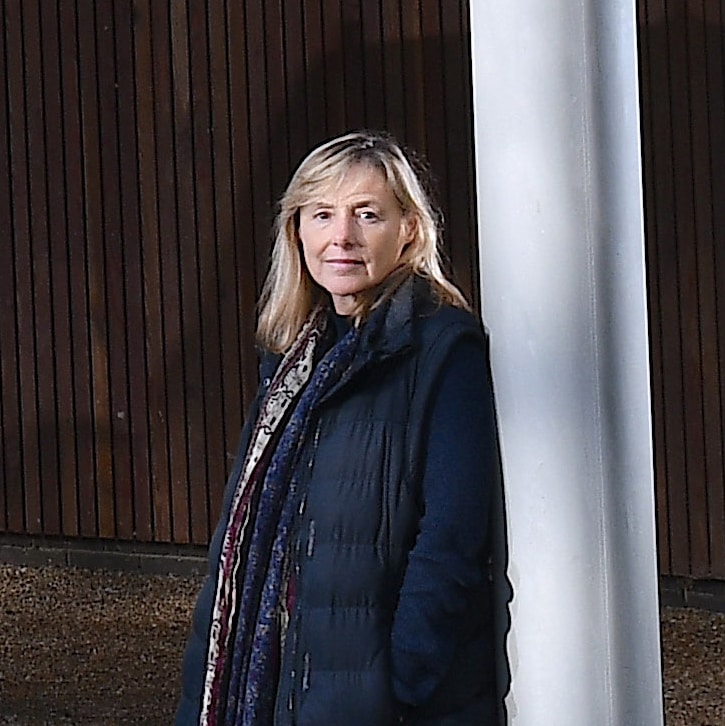
Claire
Two and a half years ago, I started having trouble swallowing bread and chicken; it felt like the food was getting stuck in my food pipe and wouldn...

Harry
Update 10 March 2024 A lot has changed since my first diagnosis on 27 May 2021. As mentioned in earlier updates, I was first diagnosed with ‘...
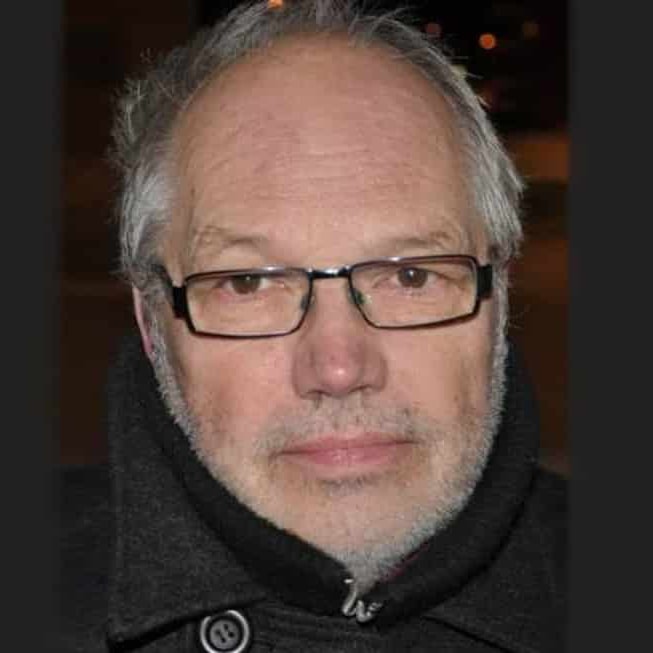
Kjell
Pancreatic Cancer Reflections: Between Hope and Despair Kjell Olof was born in 1942 in Sweden. During the summer of 2021, he began experiencing per...
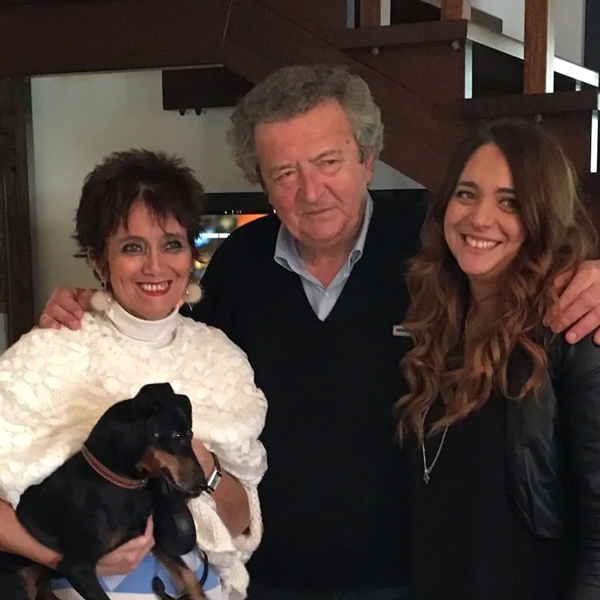
Claudia
My story, like all of ours, is “unique.” I have always been labelled as “health-conscious,” sometimes with gentle irony and...
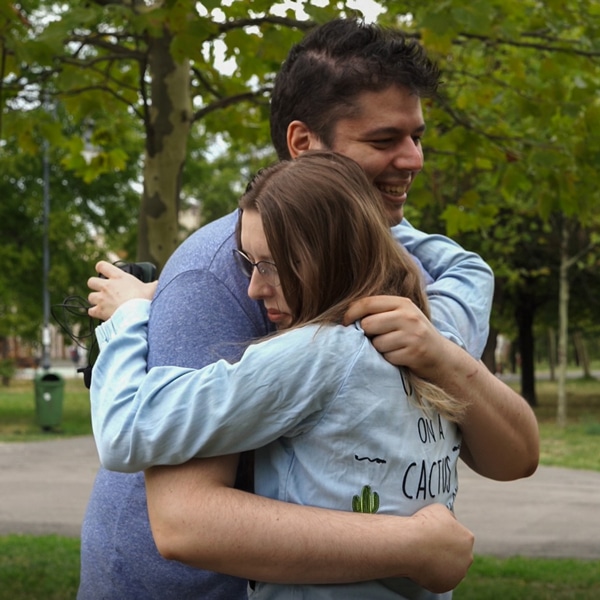
Teodora
I’m Teodora, and I’m from Romania. My story is born from grief and longing for the life I was just beginning to build with someone when...
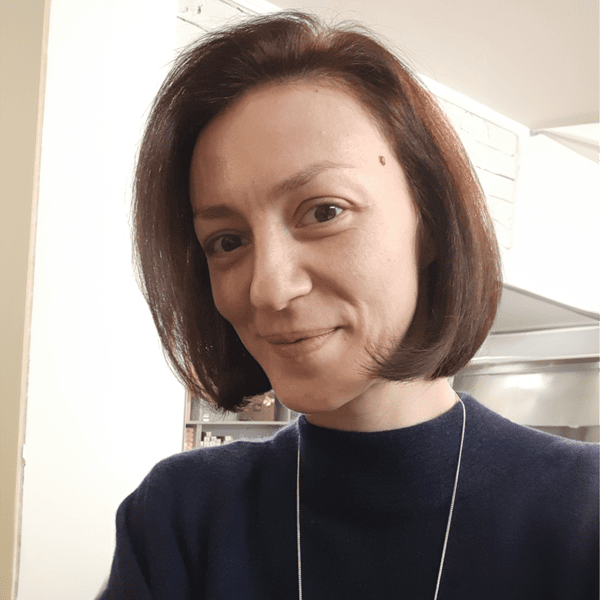
Georgiana
To everyone reading this story, my name is Georgiana. A few months into my 34th year, I was diagnosed with mixed gastric adenocarcinoma, or, more s...
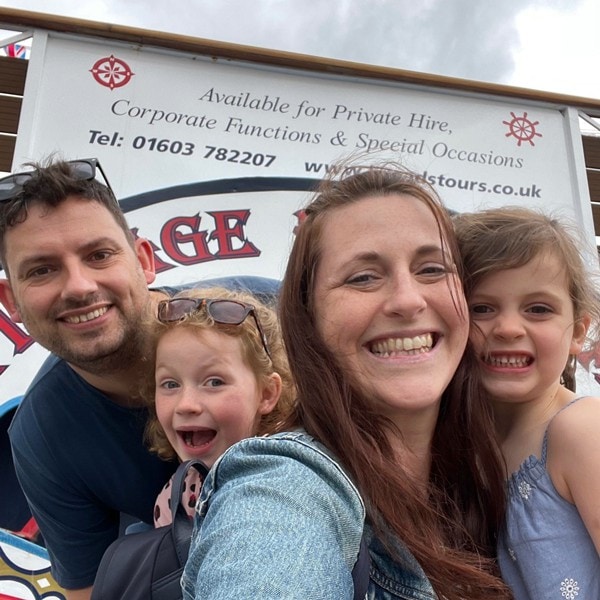
Helen
Hello, I am Helen Canning. I live in Suffolk, England, with my husband Vincent and our two daughters, Erika (6) and Marla (4). I used to have a b...
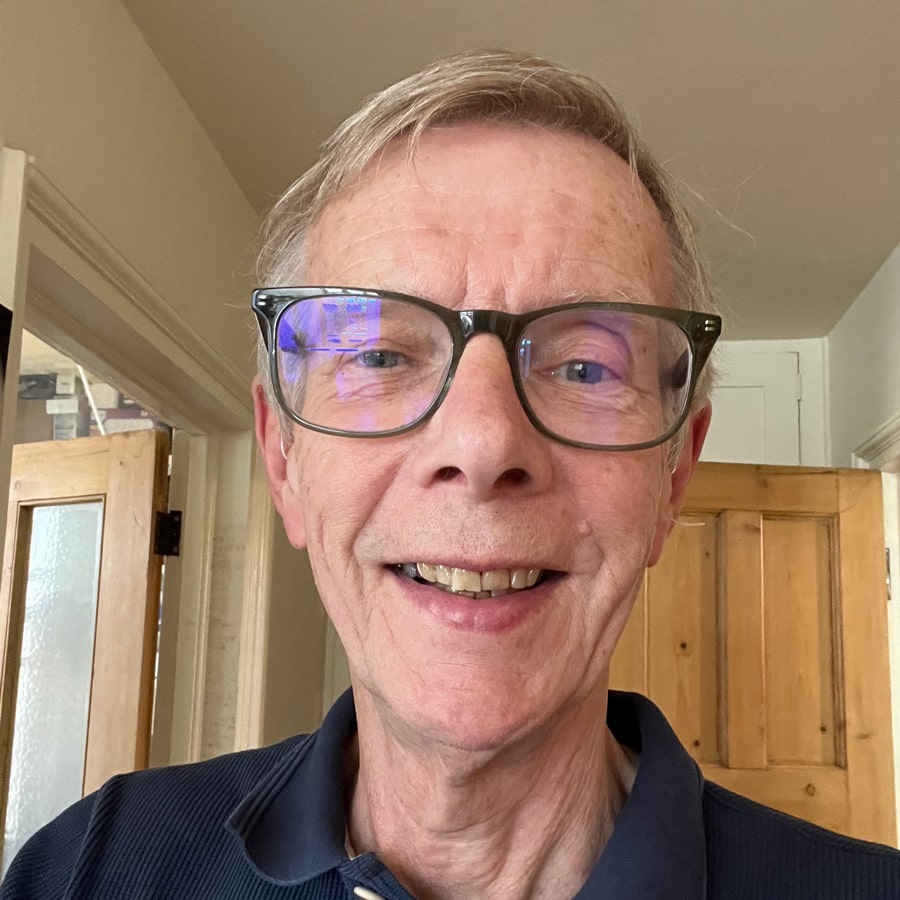
Richard
In the second half of 2016, I started experiencing symptoms such as a feeling of acid reflux and a burning in my oesophagus, some difficulty in swa...
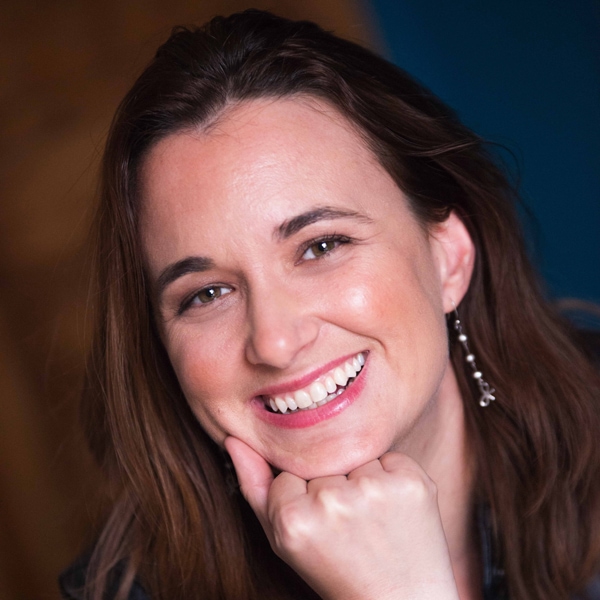
Katell
Katell Maguet is a 43-year-old French woman who lives in The Netherlands. She shared her emotional story with colorectal cancer to give a voice to ...
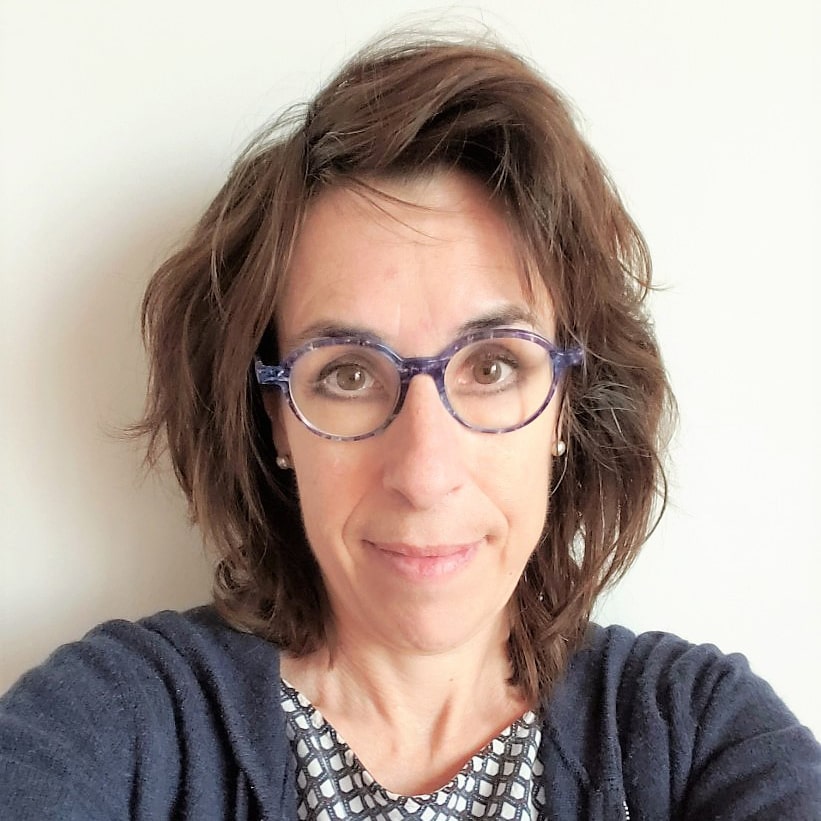
Isabelle
Isabelle Chabrier is 56 years old, and lives in Paris, France. She shares her successful journey with pancreatic cancer. Cancer is a common ...
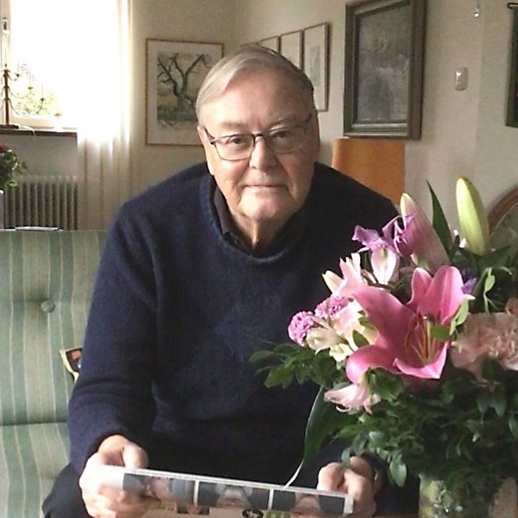
Sven
Sven Tägil is a retired professor of history who will turn 93 this autumn, possibly making him Sweden’s longest pancreatic cancer survivor. ...

Ida
My name is Ida Verbunt, and I am Harry Verbunt’s wife and carer. I am 56 years old, and I’ve known Harry since childhood. We grew up in...
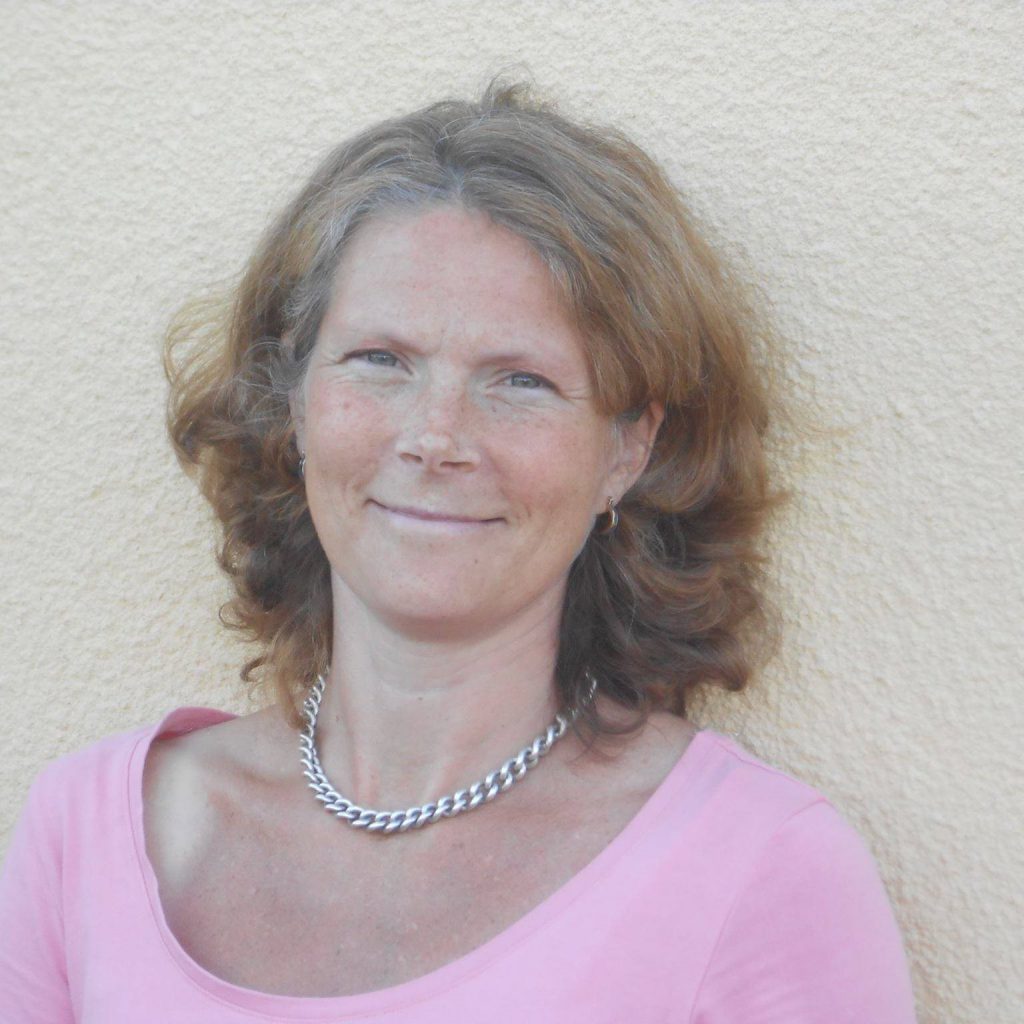
Helena
My name is Helena D’Arcy. I live in Sweden and am a full-time working mother of seven who has always been super-healthy and active. Sh...
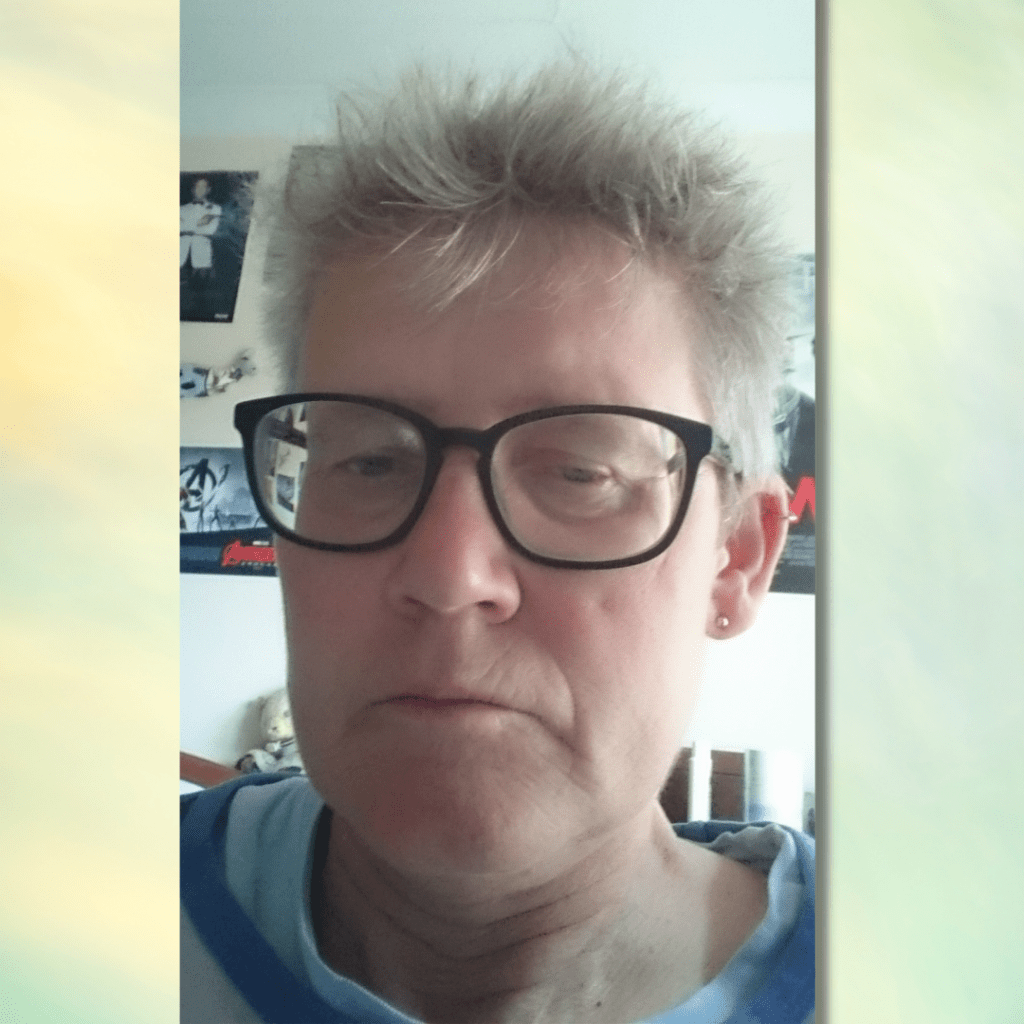
Ceri
Ceri Steele – diagnosed in October 2019 My name is Ceri Steele, I was diagnosed with oesophageal cancer on 17 October 2019, three days before my ...
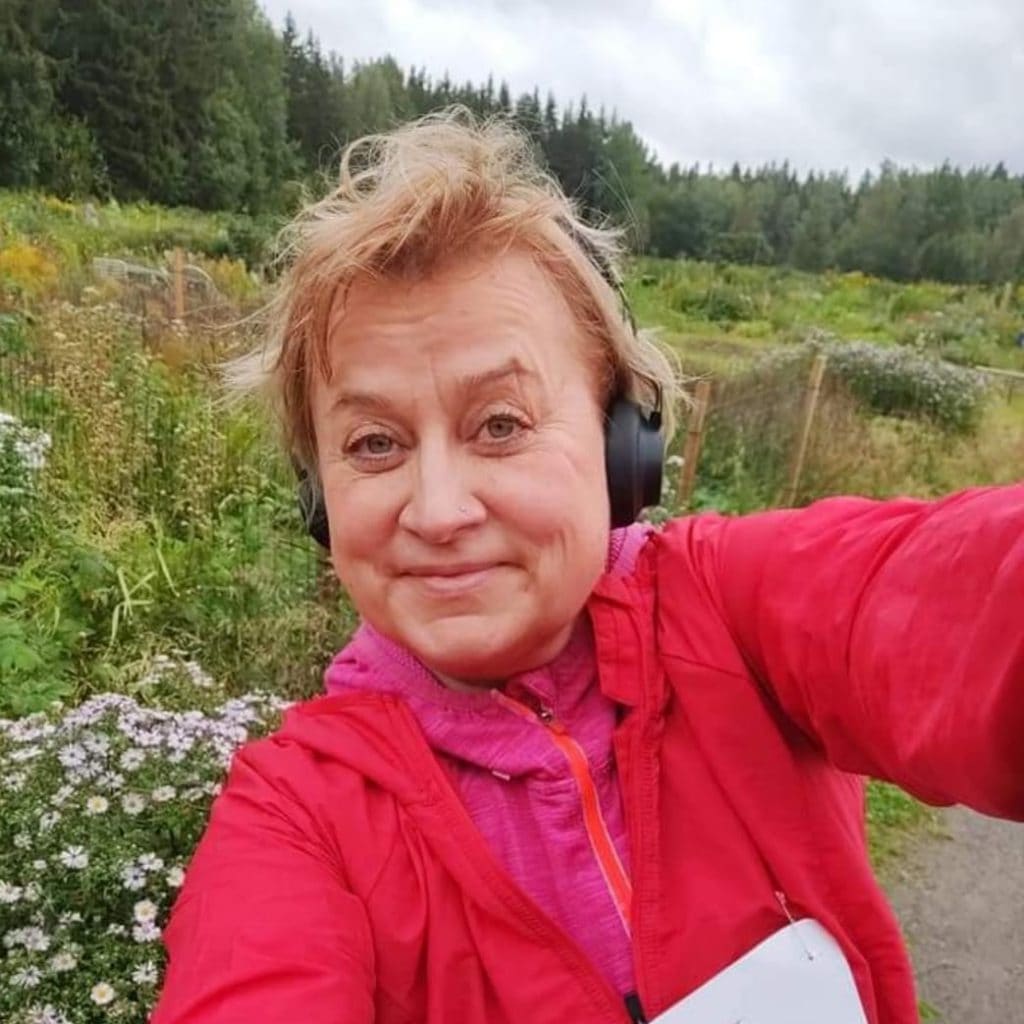
Mia
Hello, my name is Mia, I am 57 years old and live in Finland. I am a mother to two boys and a girl, and twenty years ago, I was diagnosed with Lync...
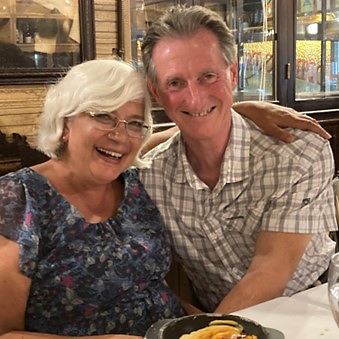
Mark
My wife, Barbara, was diagnosed with stage four colon cancer in November 2006. I became a carer very suddenly! Maybe I shouldn’t have been so...
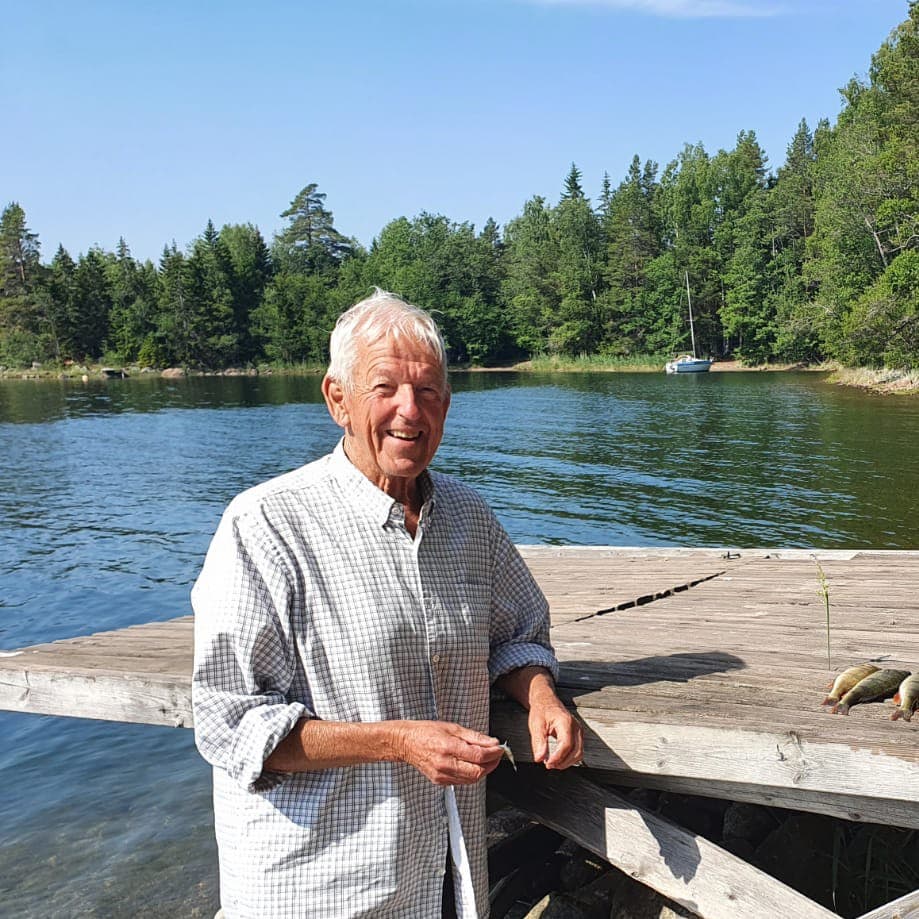
Anders
My Journey with Pancreatic Cancer, five years later… Hello, my name is Anders Bovin, I am 80 years old, and these days I spend my time between Sw...
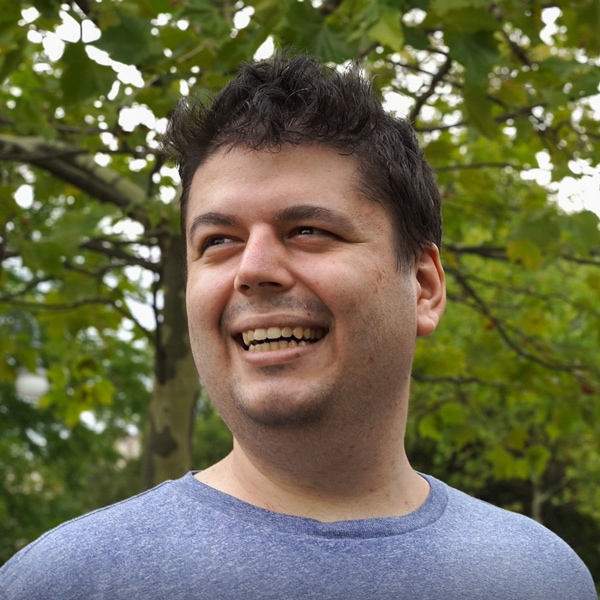
George
It is with great sadness that we recognize the passing of George in January 2023. George was a remarkable young man whose strength and kindness rad...
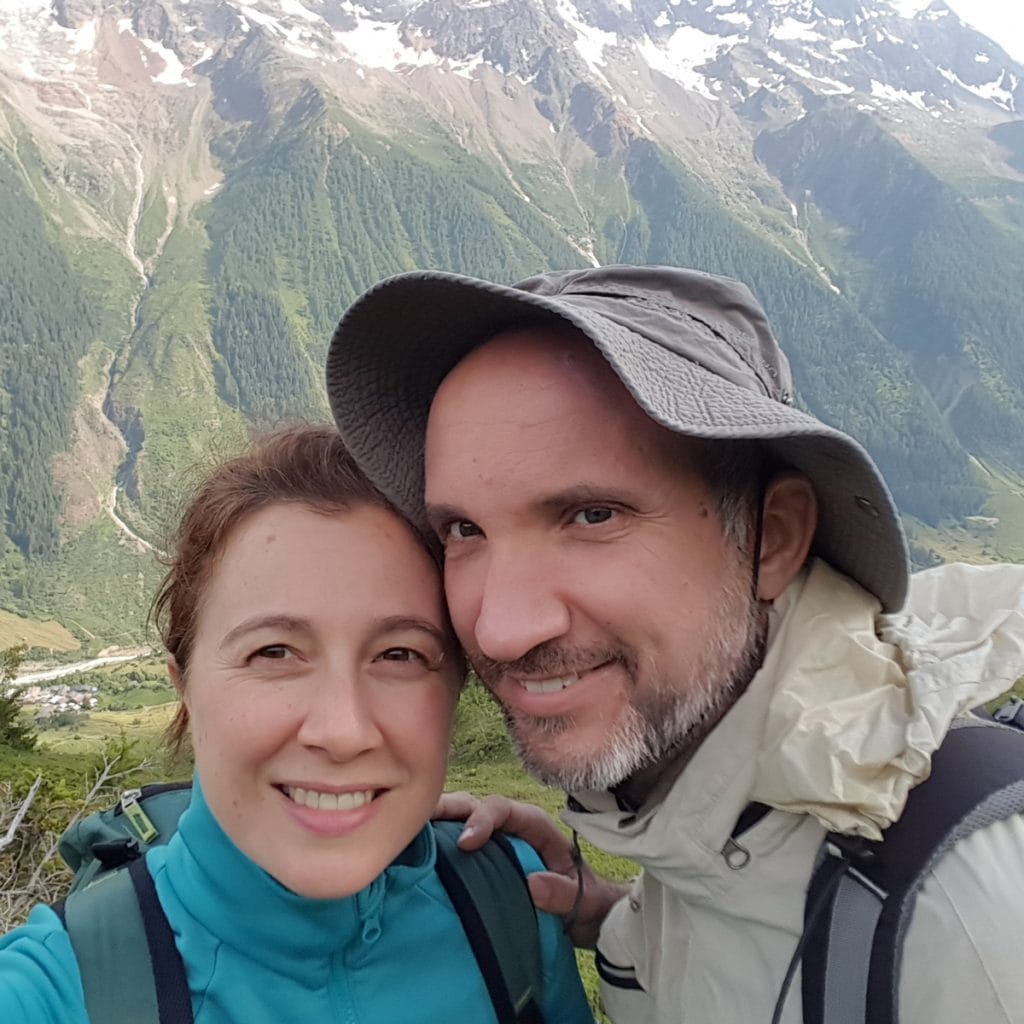
Laure
I am the caregiver of my husband, Guillaume, who was diagnosed with metastatic colon cancer in January 2021 at 43. We have two children who are now...
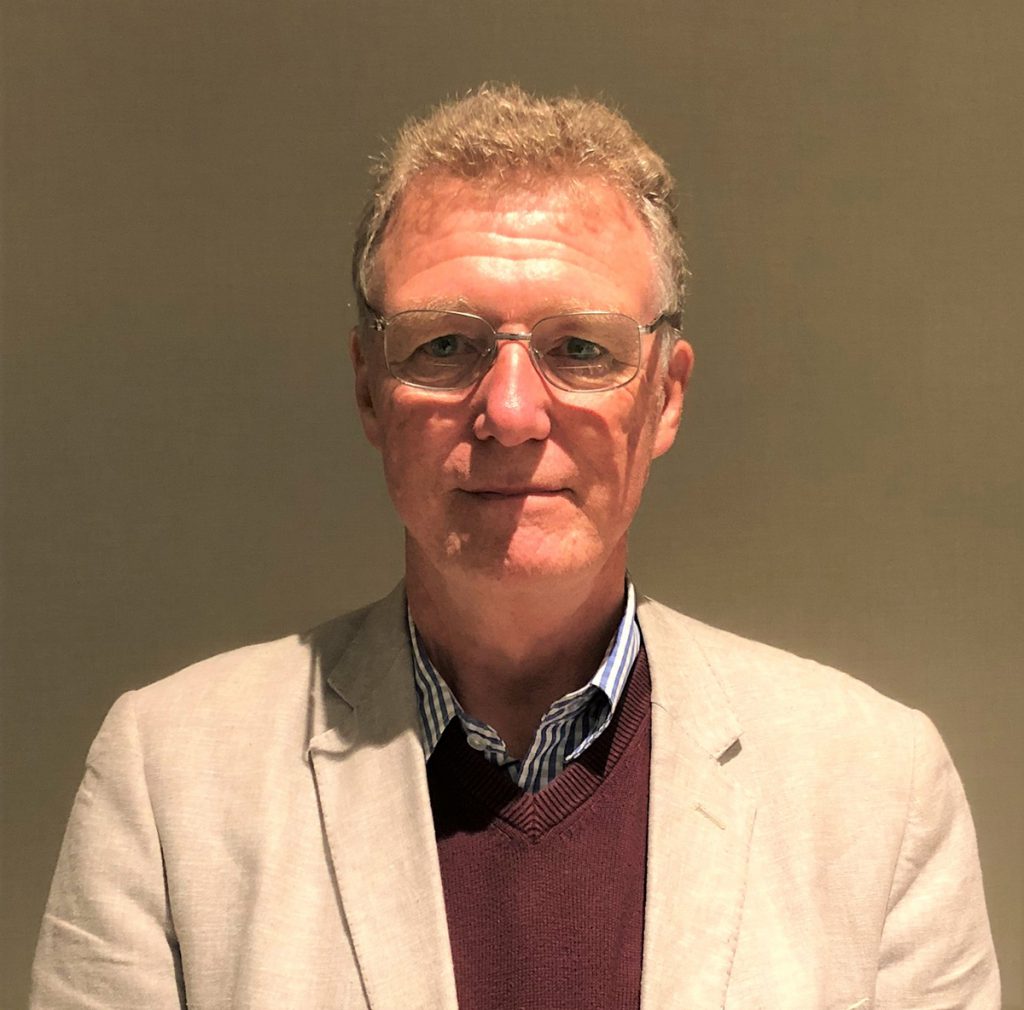
Stephen
I am a colorectal cancer survivor. My local hospital asked me to set up a peer support group. We planned a launch in spring 2020, but so did COVI...
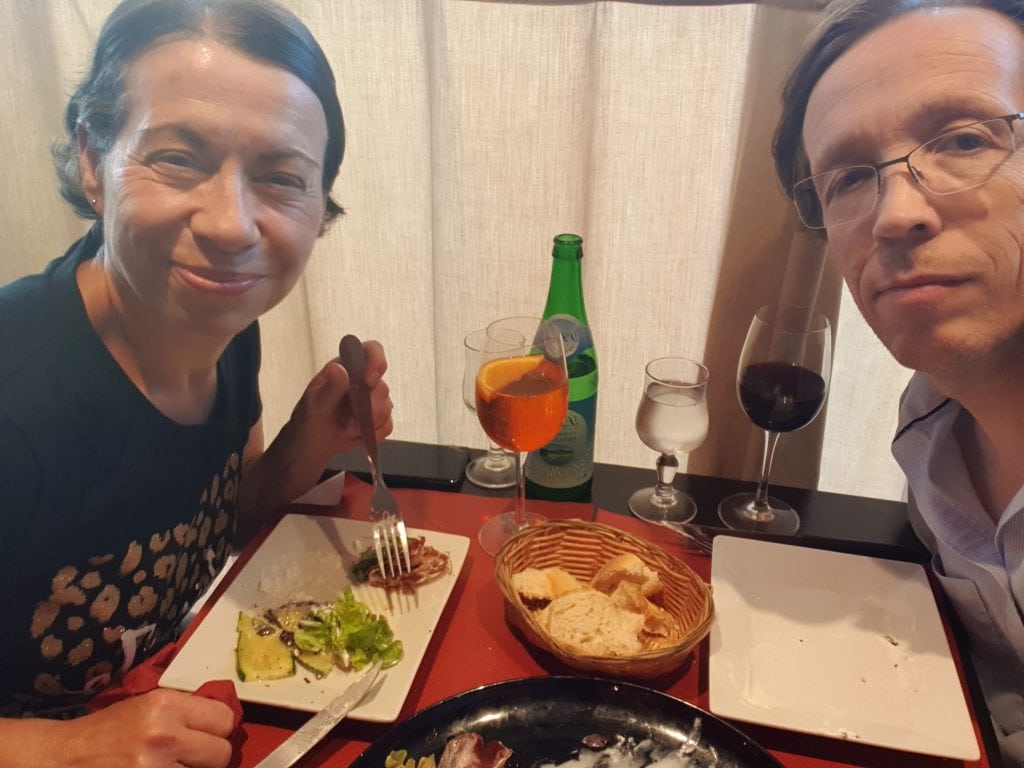
Mike
Hi, my name’s Mike and I live outside of Paris, France. I’m originally from the UK but have lived in and around Paris for the last 25 years. I ...
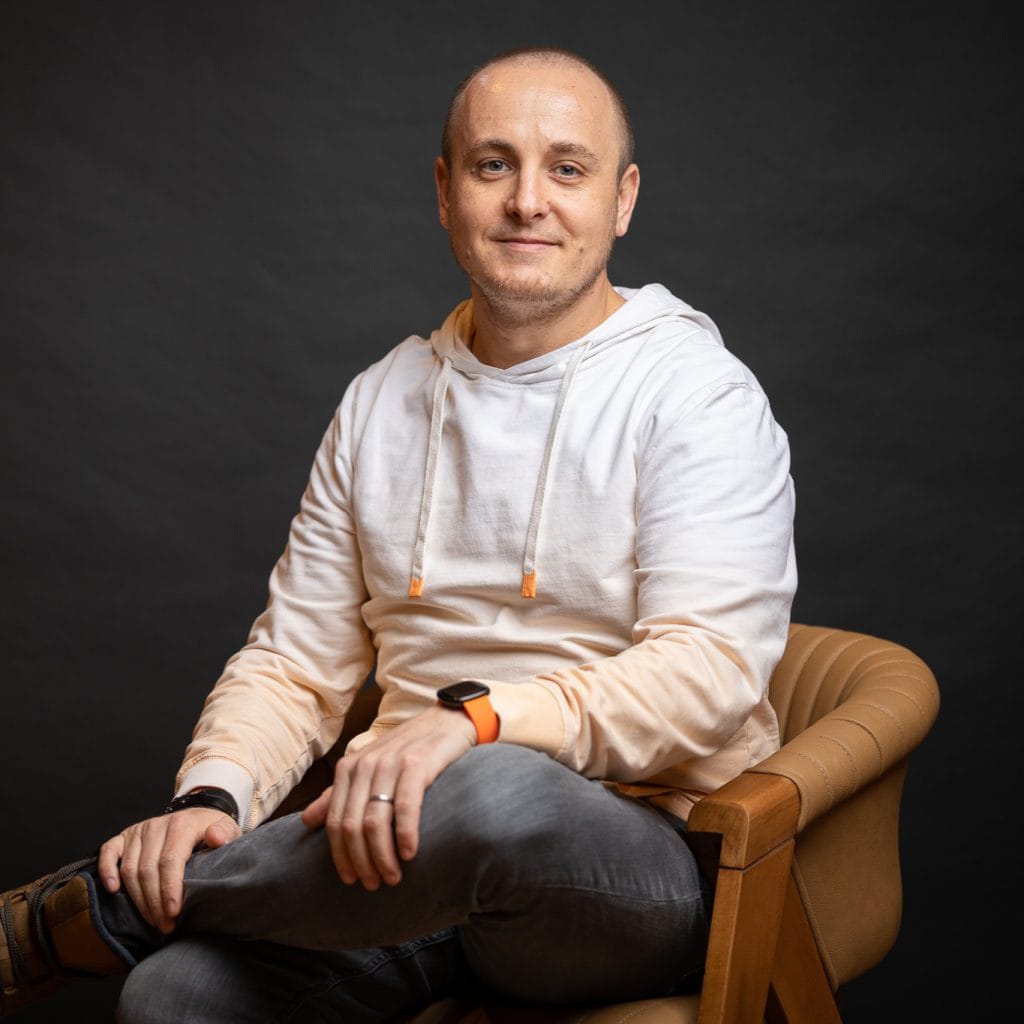
Andi
My name is Andi and I’m a 39 years old Romanian, husband and father of two wonderful daughters. I’ve been working in the Pensions &...
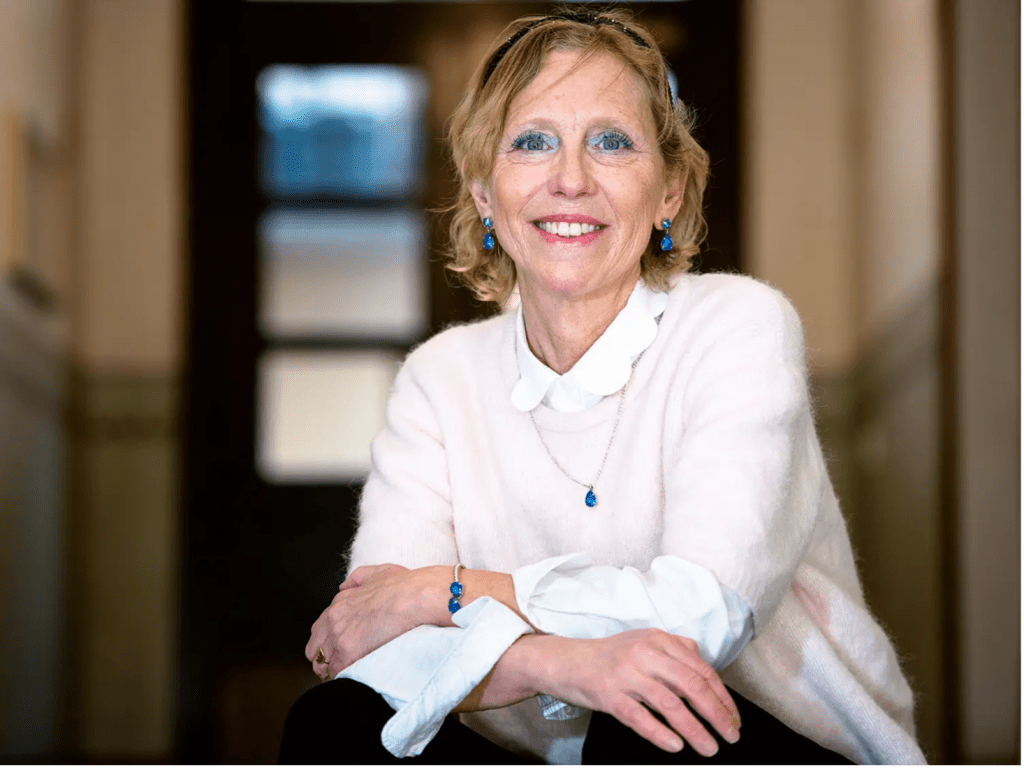
Angelica
Angelica is a survivor and patient advocate who does not take no for an answer! She lives in Sweden and volunteers closely and personally with canc...
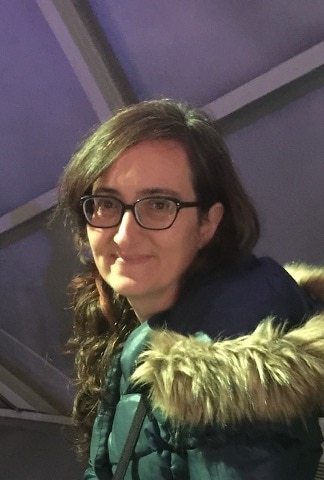
Hilde
I am Hilde, a mother of two, partner, medical doctor, and a Lynch patient. I am the first in my family with this diagnosis. When I was diagnosed wi...

Leon
Hello, my name is Leon. I’m 45 and I live in Tilburg in the Netherlands close to the Belgian border. I work for Stichting Darmkanker (Colon Cance...
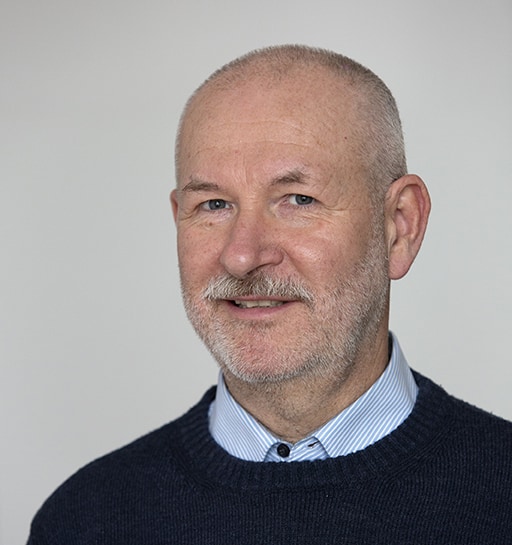
Samo
Hello I’m Samo. I’m pleased to be able to share my story with you as I want it to be an inspiration for everybody who turns 50 and consequently...
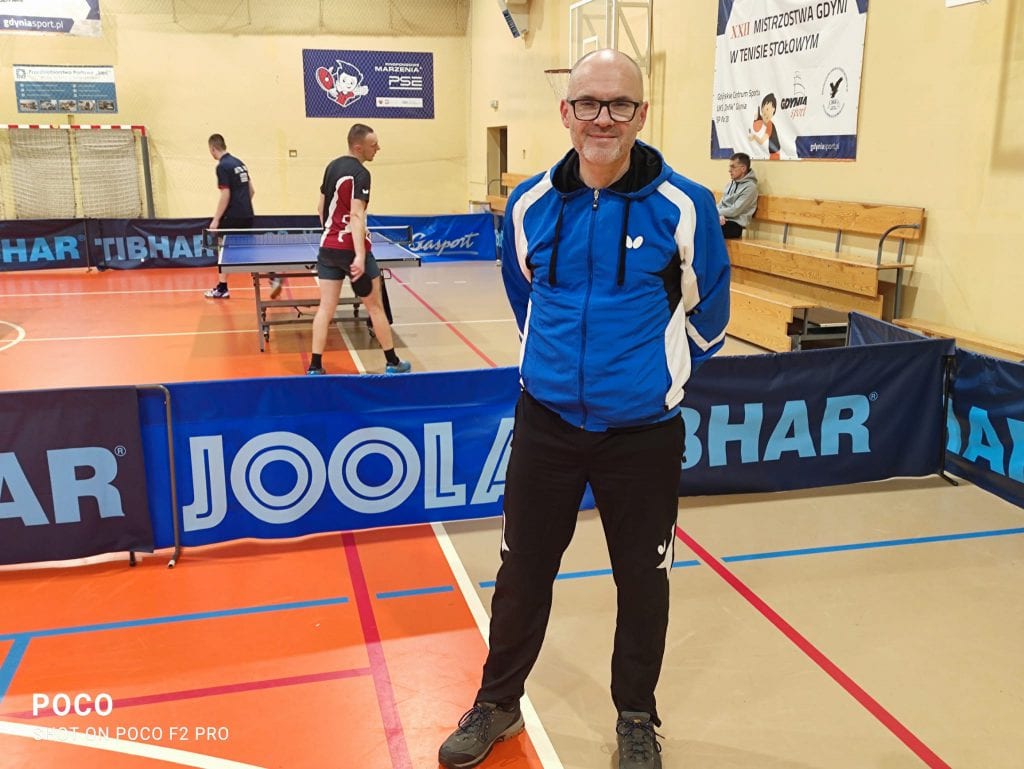
Radek
Hello, my name is Radek. I would like to share my story with you about living with pancreatic cancer. It began with the onset of jaundice that made...
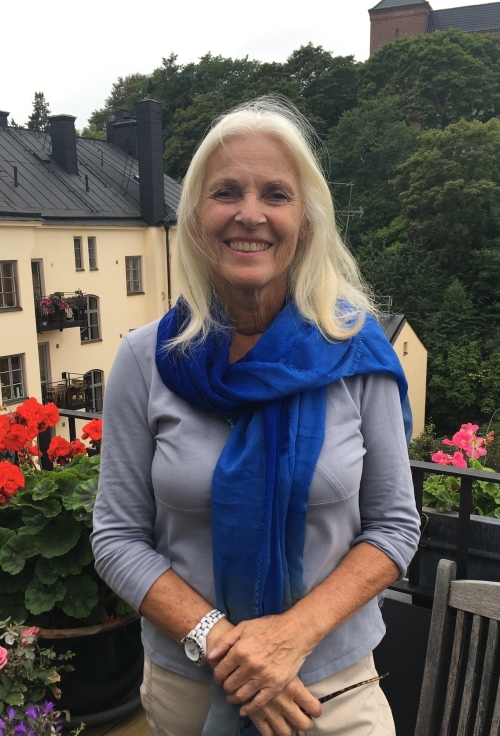
Eva
Eva shares her experiences with pancreatic cancer and the importance of staying physically fit throughout the process – from diagnosis throug...
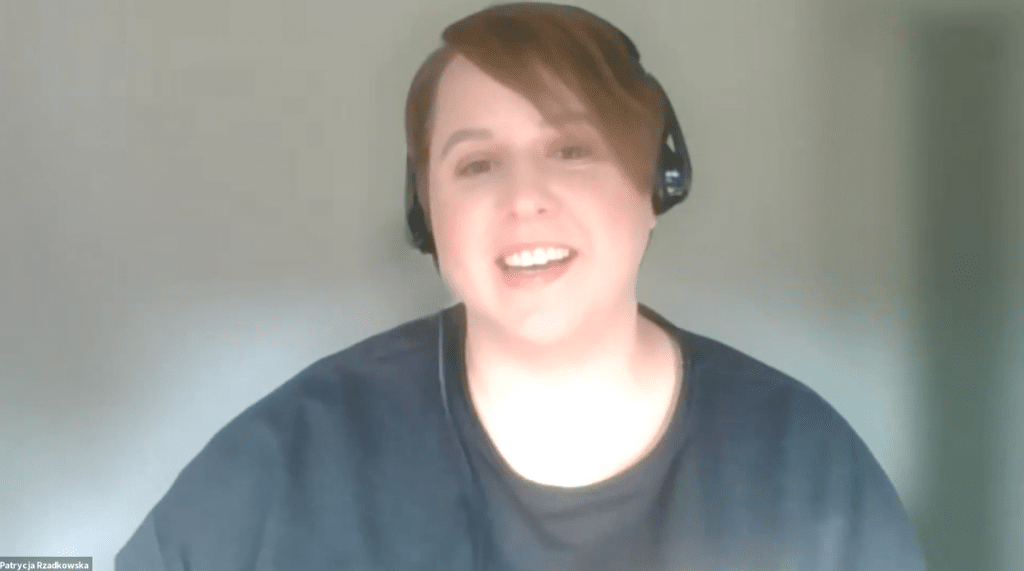
Patrycja
Patrysza spoke about her journey with pancreatic cancer at our Masterclass 2021 – she shared the importance of mental health for her life with th...
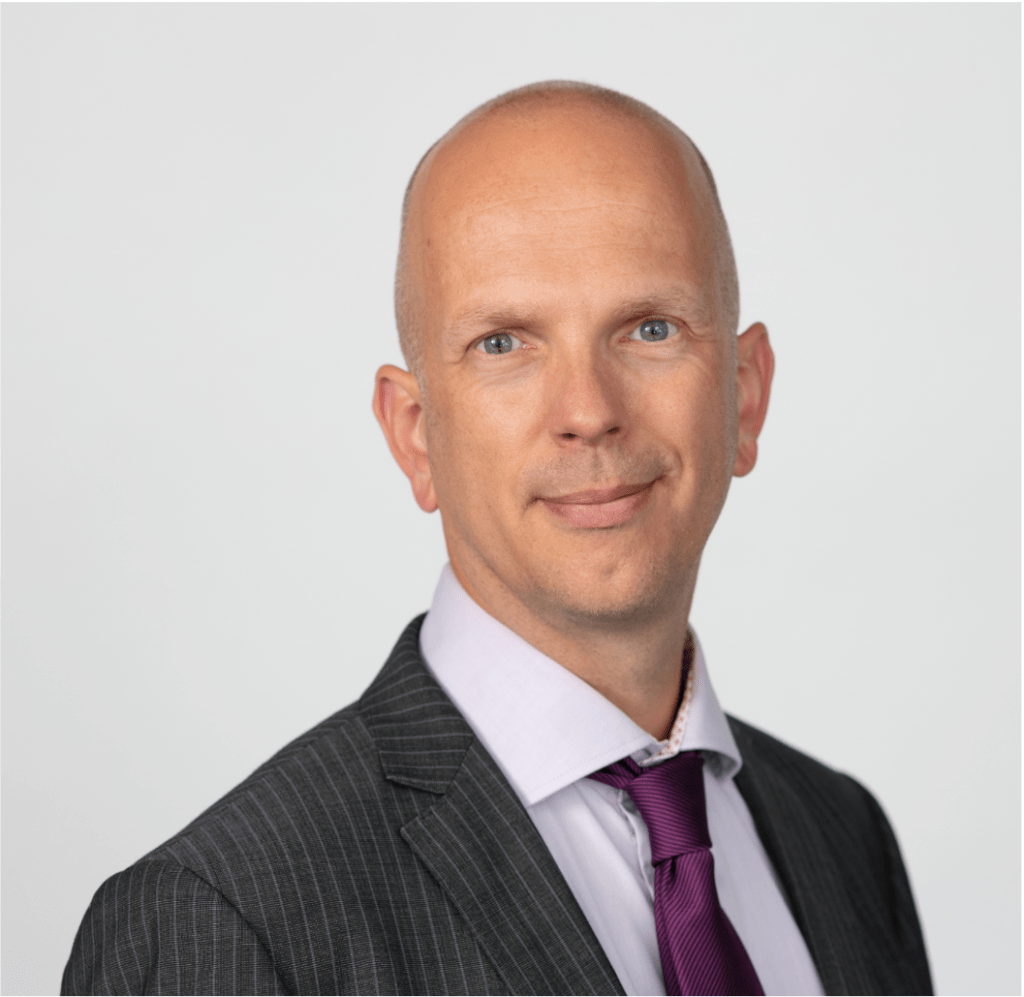
Vincent
Hi, I’m Vincent, I’m from Gouda in the Netherlands and I was diagnosed in 2015 at 42 years old with stage IV colorectal cancer and a low-grade ...
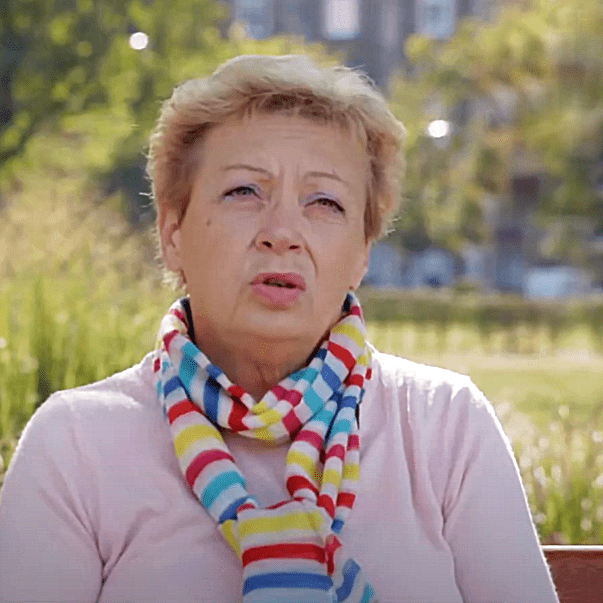
Anikó
Anikó from Hungary was diagnosed with hepatocellular carcinoma (HCC) in 2015. HCC is the most common type of liver cancer accounting for approxima...
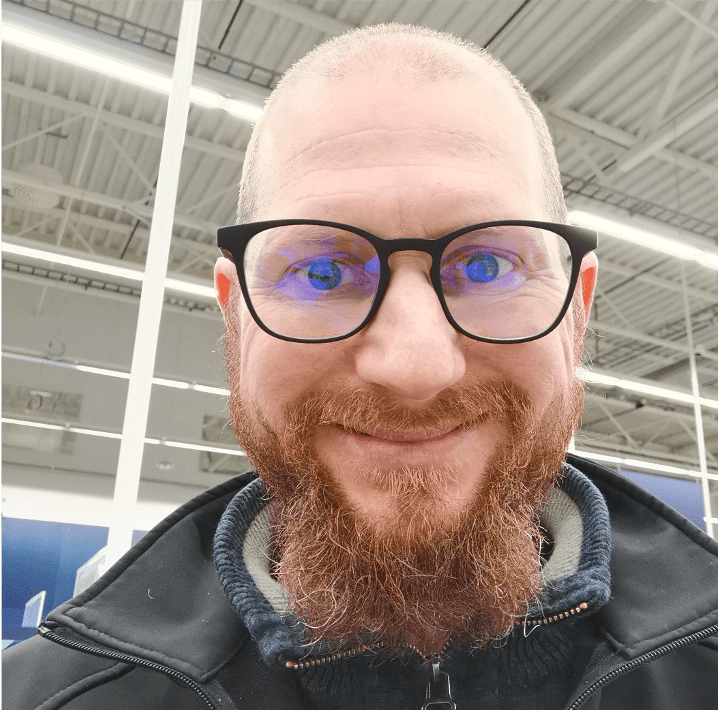
Ireneusz
It is with great sadness that we recognize the passing of Ireneusz in December 2021. He leaves behind his wife Beata. Ireneusz was very active and ...
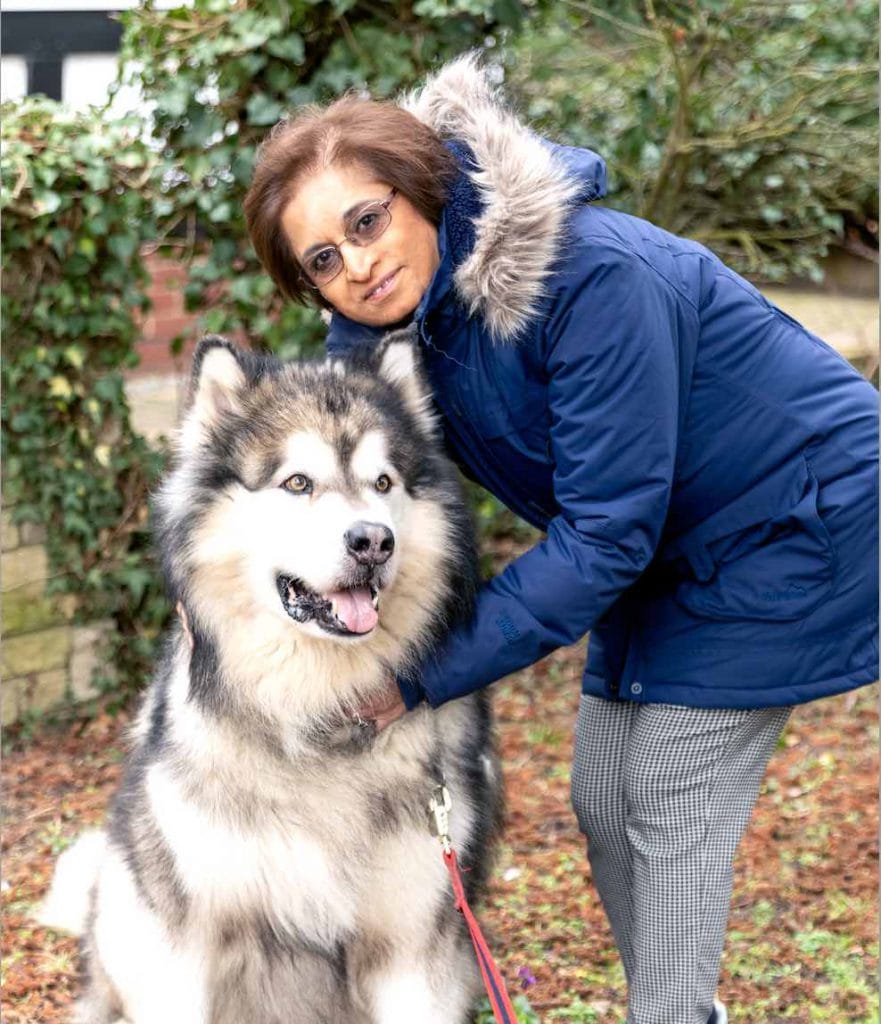
Daksha
Dr Daksha Trivedi is a Senior Researcher in Public Health at the University of Hertfordshire in England. Daksha was diagnosed with oesophageal canc...
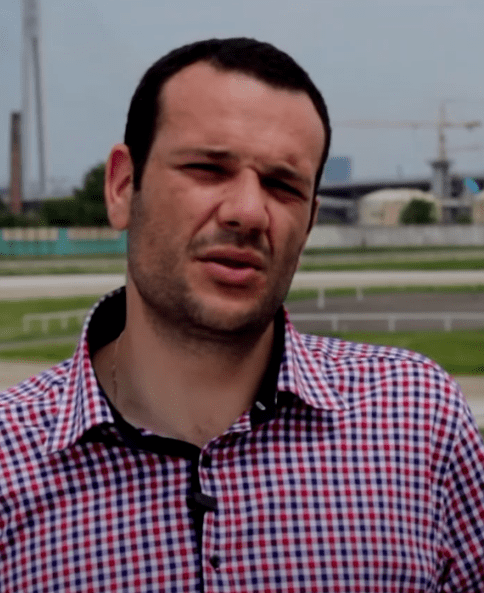
Milan
By the end of 2000 I felt very tired. Urges of going to the bathroom were sudden and harder to control. I also often felt very sleepy during the da...
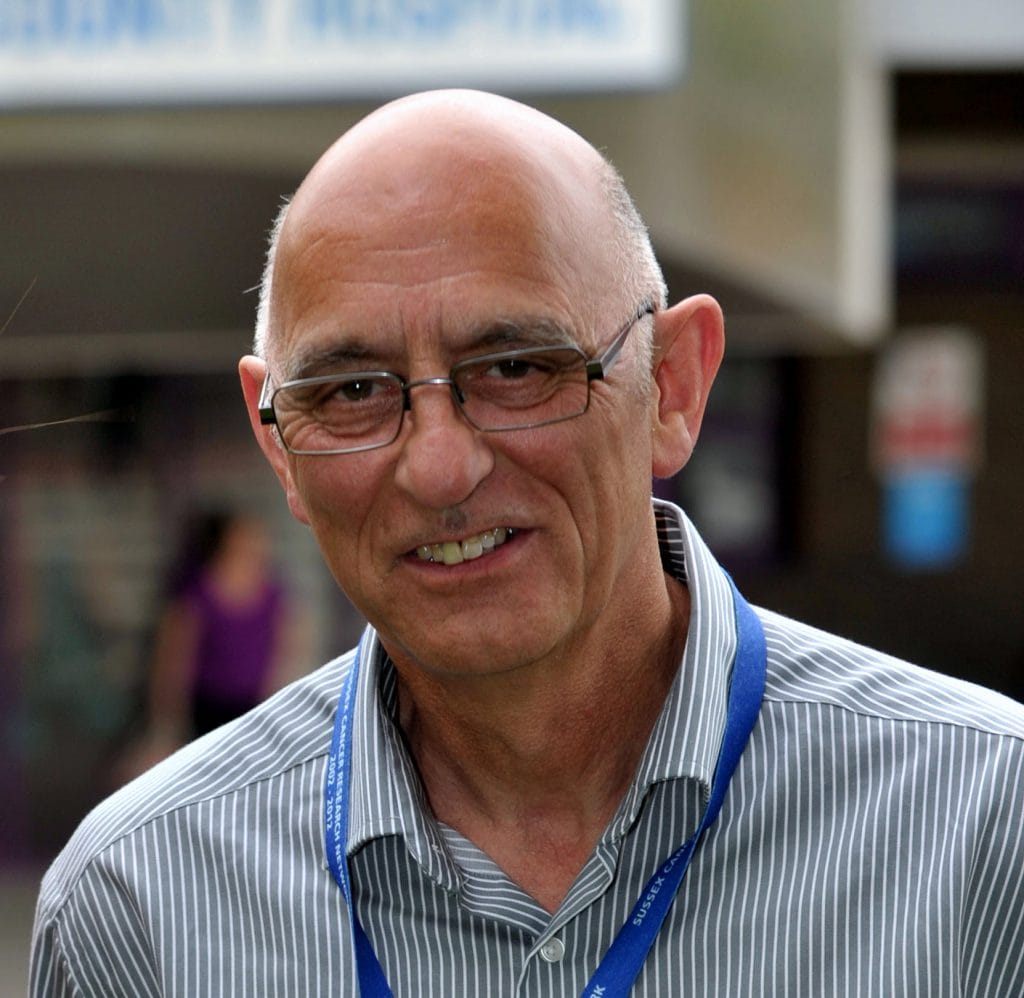
Dave
Dave Chuter, active patient advocate was diagnosed with oesophageal cancer in 2006. Following successful treatment, he returned to work and alongsi...
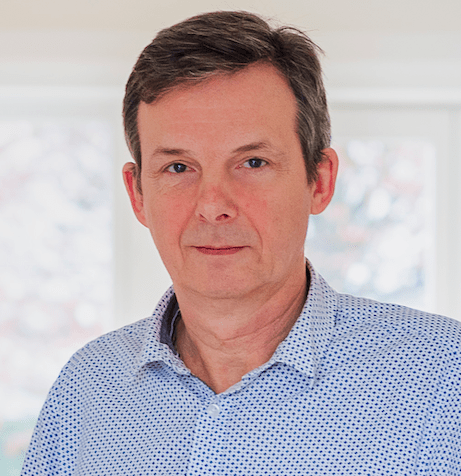
Stefan
I’m Stefan. I’m a co-founder of Digestive Cancers Europe and was the organisation’s CEO from 2019 to the beginning of 2021. I would like ...
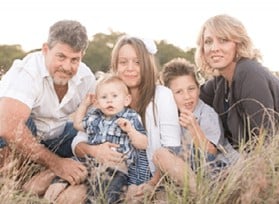
Robyn
I first realised something was wrong when – at 28 years old – I collapsed. It was 2005, and I was taken to hospital for several tests after it ...
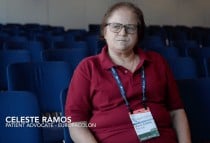
Celeste
“When I was first diagnosed with colon cancer it was quite complicated because I did not know what I had…” Listen to Celeste̵...
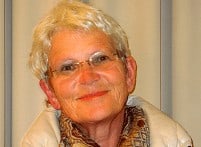
Marta
“Have you had a colonoscopy?” I was asked this question by my new doctor the first time that I saw him after I retired. I had been a he...

Barbara
No-one expects to get cancer. No matter what the statistics show, very few people relate the figures to themselves and, I must admit, it was the sa...
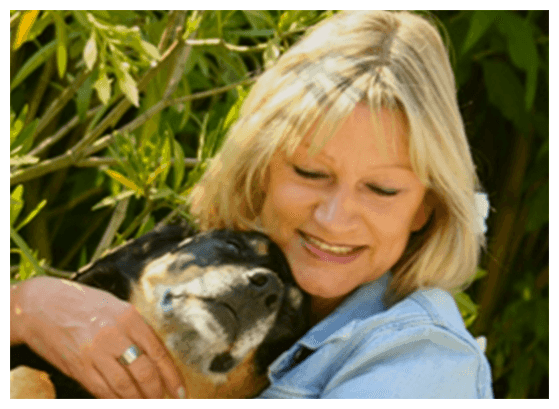
Heidi
Until April 29th, 1999, when I was 45, I was absolutely convinced I had the lease of eternal life. I had a sweet daughter , a careful husband and a...

